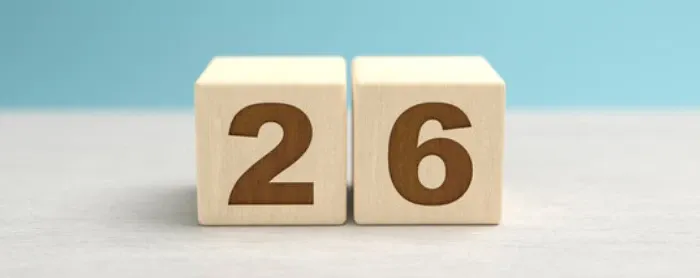Twenty-Six

I remember a man who loved to joke with his friends, smiling happily as they discussed funny stories about their antics. Back then, I was just a child, watching him while playing in the sand. To this day, I can never forget the look on his face as he laughed with such joy.
He didn’t have much in life. Some might consider him a disaster, a troublemaker, and unreliable. But for some reason, that view never crossed my mind, even though there were times in my life when he did things he shouldn’t have. Some of those actions even prevented me from continuing my education to the next level.
Strangely enough, I never considered that a big deal, maybe because I had always realized that neither of us had anything. I rarely asked for much, unlike most people. I was happy with what I had—at least I still had someone like him in my life.
Once, he invited me to have a meal together at a market. We rarely ate together. I remember we bought Soto Daging and ate there, right on the roadside, with just one table and two plastic chairs. I can’t forget that moment, even to this day. I must have been in elementary school then, and I think it was the first time I had Soto Daging with him. Although there was no conversation between us, that memory stayed with me, and because of it, I’ve come to love Soto Daging. Every time I see someone selling it by the roadside, I’m reminded of that moment.
He never demanded anything from me. In fact, no matter what I did, he never got angry—maybe because he knew I was often scolded.
There wasn’t much he could give, and I didn’t want anything. We both seemed to understand our situation without ever discussing it. He often went away and didn’t return for very long periods, sometimes for months. I would ask myself where he had gone? When he would come back? What he was doing? And where he was living? I never got clear answers, but in the end, we always met again.
I’m not someone who can easily express care. I’ve always looked after him in my own way. Perhaps I was his only hope, maybe he wished that one day we could be like everyone else. But until the end of his life, I couldn’t fulfill that hope. At twenty-five, as I stood looking at a coffin containing a middle-aged man, all I could say was, 'I failed. I failed in many things. Forgive me.' Since then, I’ve understood what failure truly means.
He never talked about it, but I think he experienced many failures. I don’t know how many disappointments he faced in his life, but his eyes always told me that no matter what I went through, I had to be strong. That’s the most important thing I learned from him. No matter what he did, I always loved him, even though I wasn’t someone who could show it.
Now, at just past a quarter-century, more precisely at twenty-six, I still don’t know what lies ahead at twenty-seven and beyond. But the life lessons I saw in him continue to push me forward. No matter how many shards of glass I may have to tread on, I’ll embrace the pain with all my heart. After all, among those shards, there are still a few bowls of Soto Daging I can enjoy.
Member discussion